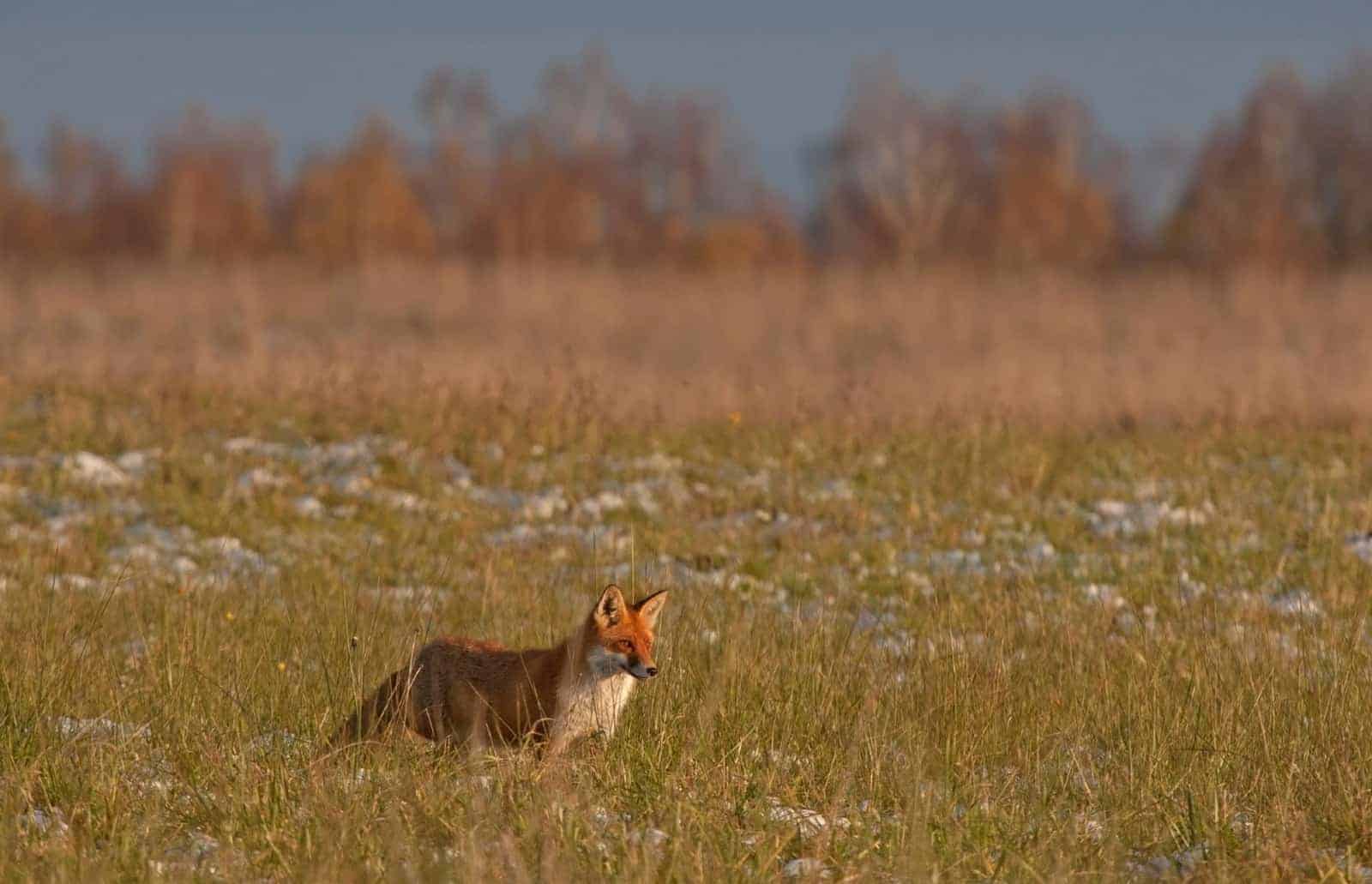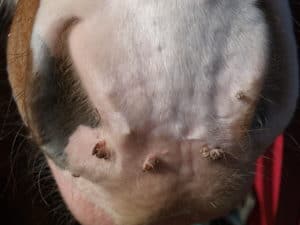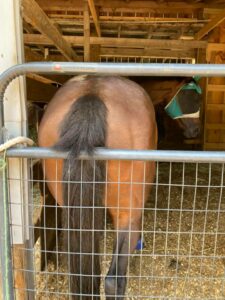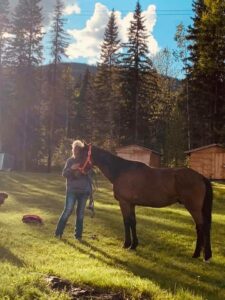Horses and the Risk of Rabies
Learn how to protect your horses from rabies, a fatal zoonotic disease that affects mammals, especially wildlife. Hint: Vaccination is key!
- Topics: Slideshow
Share
ADVERTISEMENT
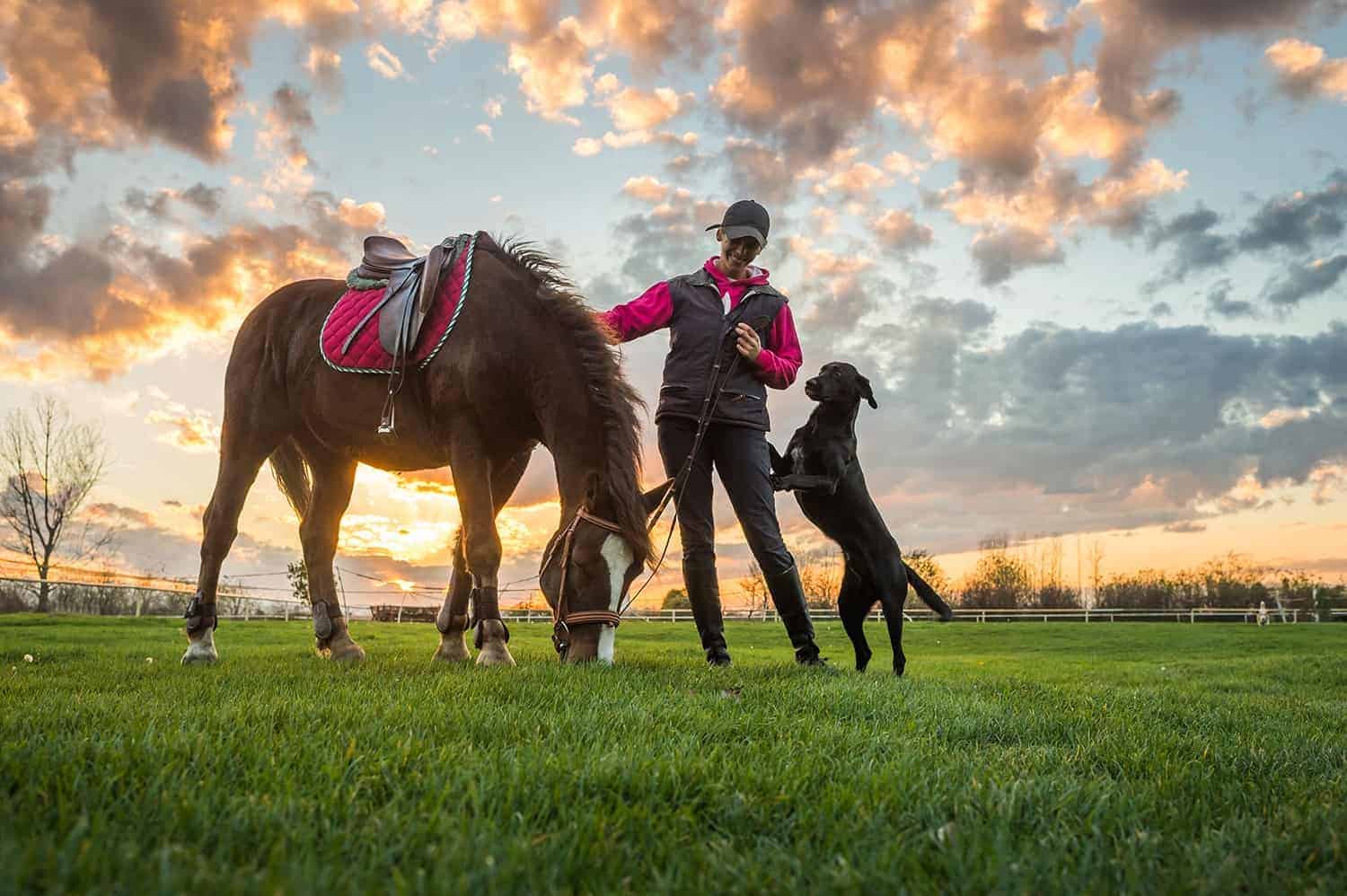
Rabies Risks to Horses
Rabies is a fatal zoonotic disease that affects mammals. Zoonotic means different animal species can contract it from each other. Humans, horses, pets, and wildlife are all at risk for rabies. | Photo: iStock
Wildlife
Wildlife exposure creates a real rabies risk for horses. According to the U.S. Centers for Disease Control and Prevention (CDC) report "Rabies surveillance in the United States during 2013," wildlife make up 92% of all reported rabies cases in the country. | Photo: iStock
Raccoons
Raccoons are the most common wildlife to contract rabies, with 1,898 reported U.S. cases in 2013. These highly intelligent, nocturnal mammals are attracted to horse barns by food. Protect your horses by vaccinating your herd for rabies, emptying stable garbage bins each evening, keeping feed (including dog and cat food) in securely sealed bins, and not leaving cat and dog food out for free feeding. | Photo: iStock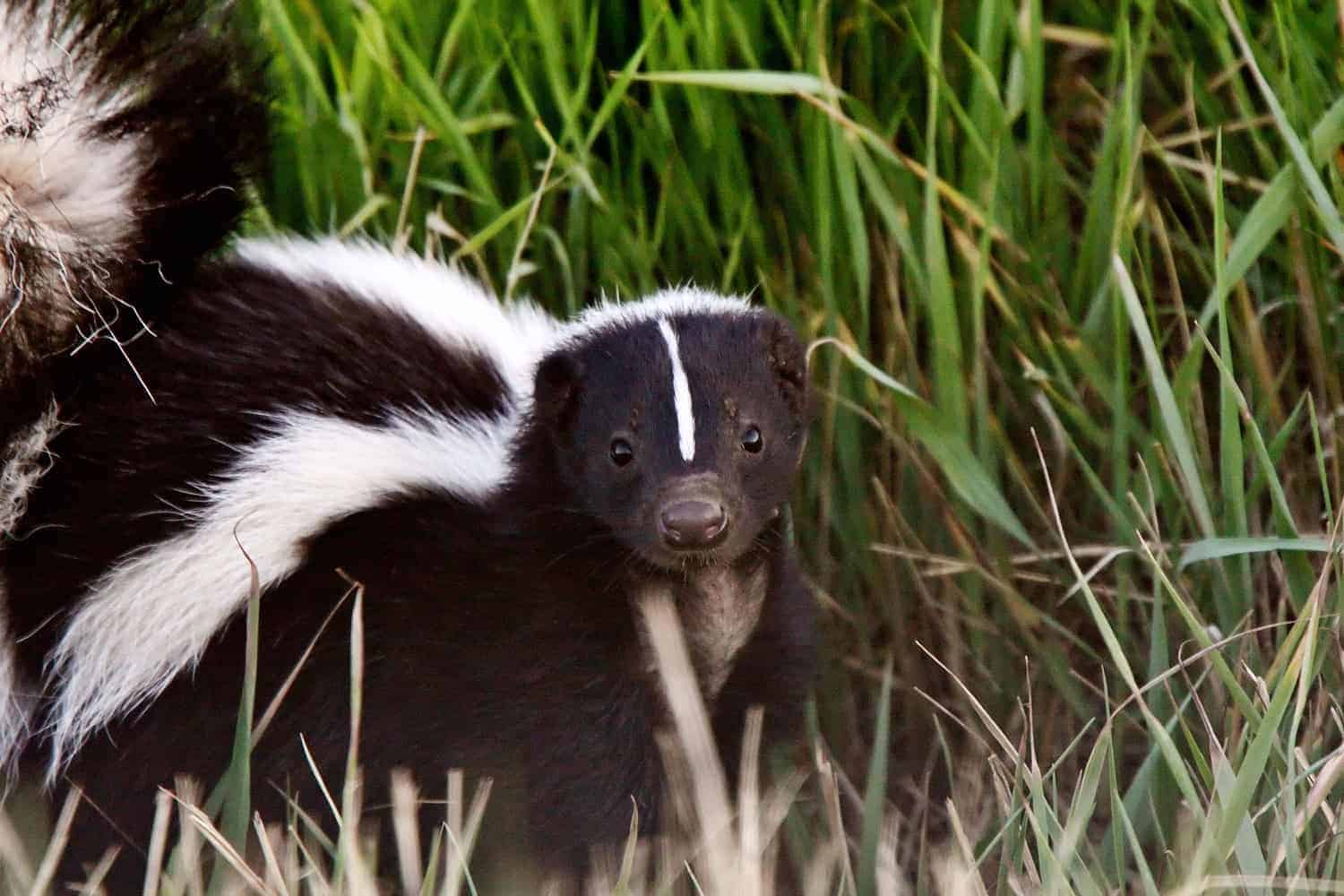
Skunks
Skunks are another common resident on horse farms that can contract and spread rabies. In 2013, skunks represented nearly 25% of rabies cases in the United States. Rabies in skunks and raccoons peaks during March and April. | Photo: iStock
Bats
Bats help control insect populations. In fact, according to biologists at Arizona State University, a single bat can eat up to 1,200 mosquitos an hour (remember that mosquitos spread equine diseases such as West Nile virus and Eastern and Western equine encephalitis). However, bats are also known to spread rabies. The best way to protect your horse living near bat populations is with annual rabies vaccination. | Photo: iStock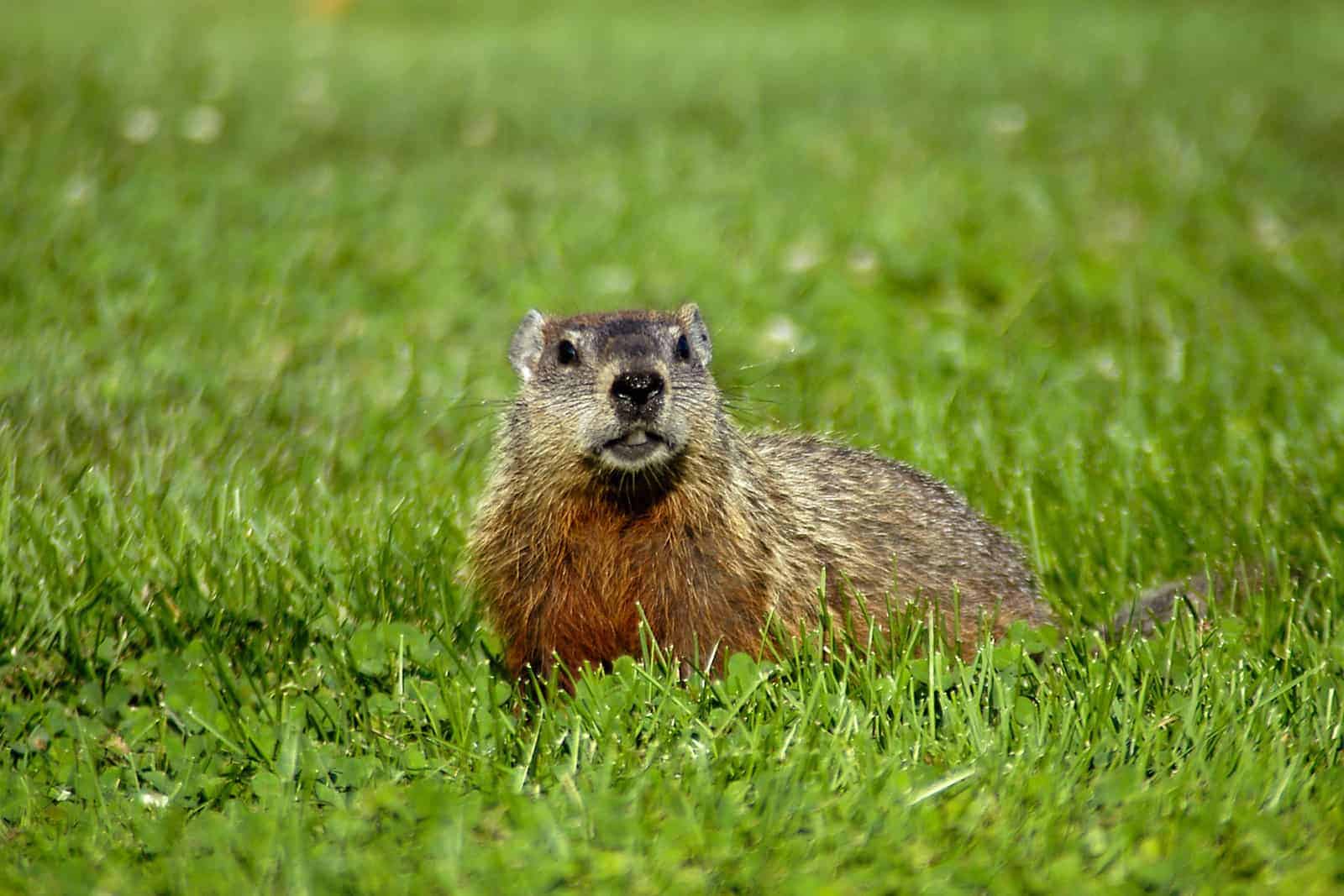
Woodchucks (Groundhogs, Marmots)
Rabies is considered rare in rodents, such as mice and rats. However, according to the CDC, woodchucks accounted for 86% of the 368 cases of rabies among rodents reported from 1985 to 1994. | Photo: iStock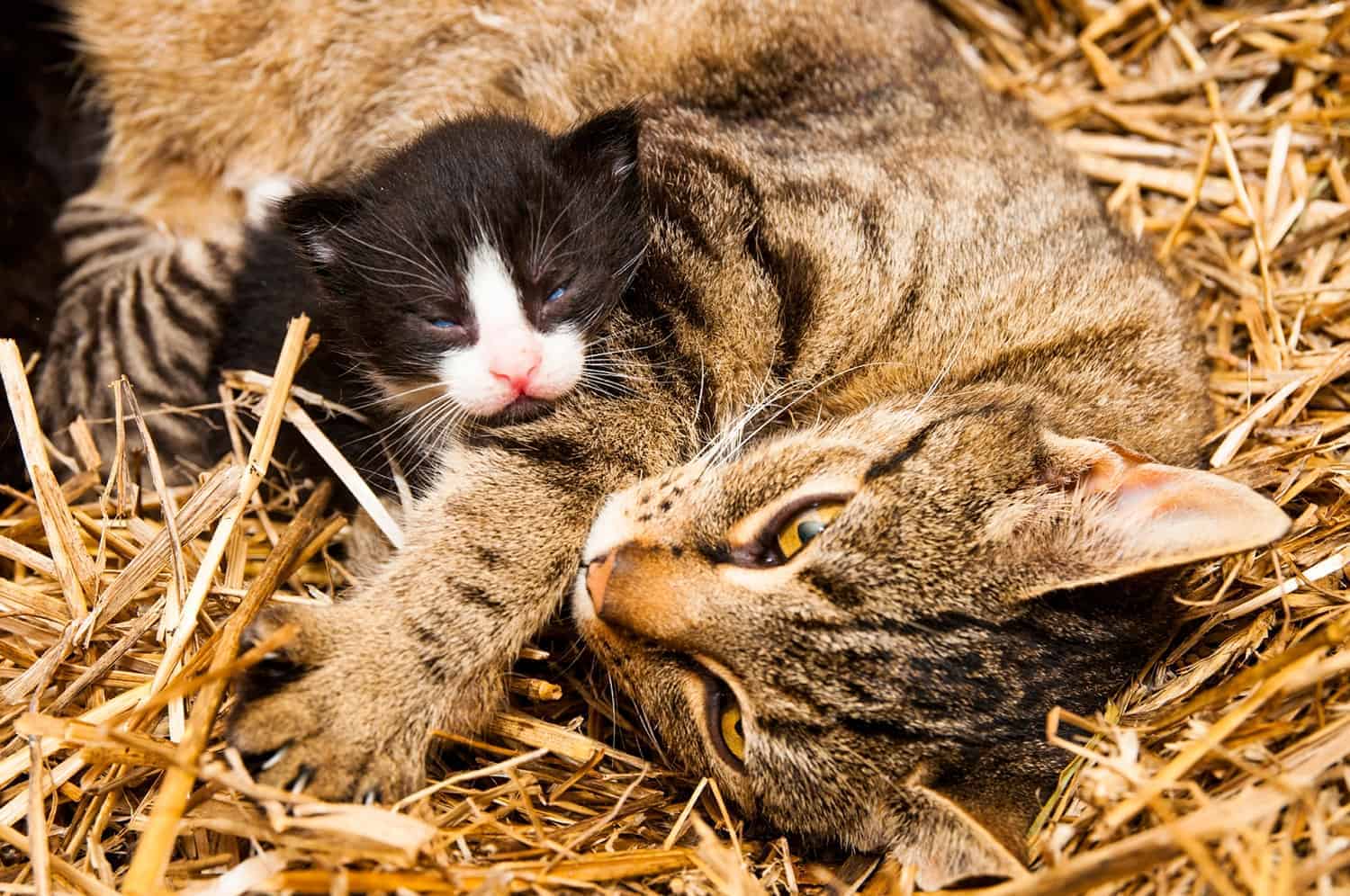
Keep Your Cats Vaccinated
Do you need a reason to keep your barn cats up-to-date on their rabies vaccines? Since 1992, cats have represented the majority of reported rabies cases in domestic animals, according to data collected by the CDC. | Photo: iStock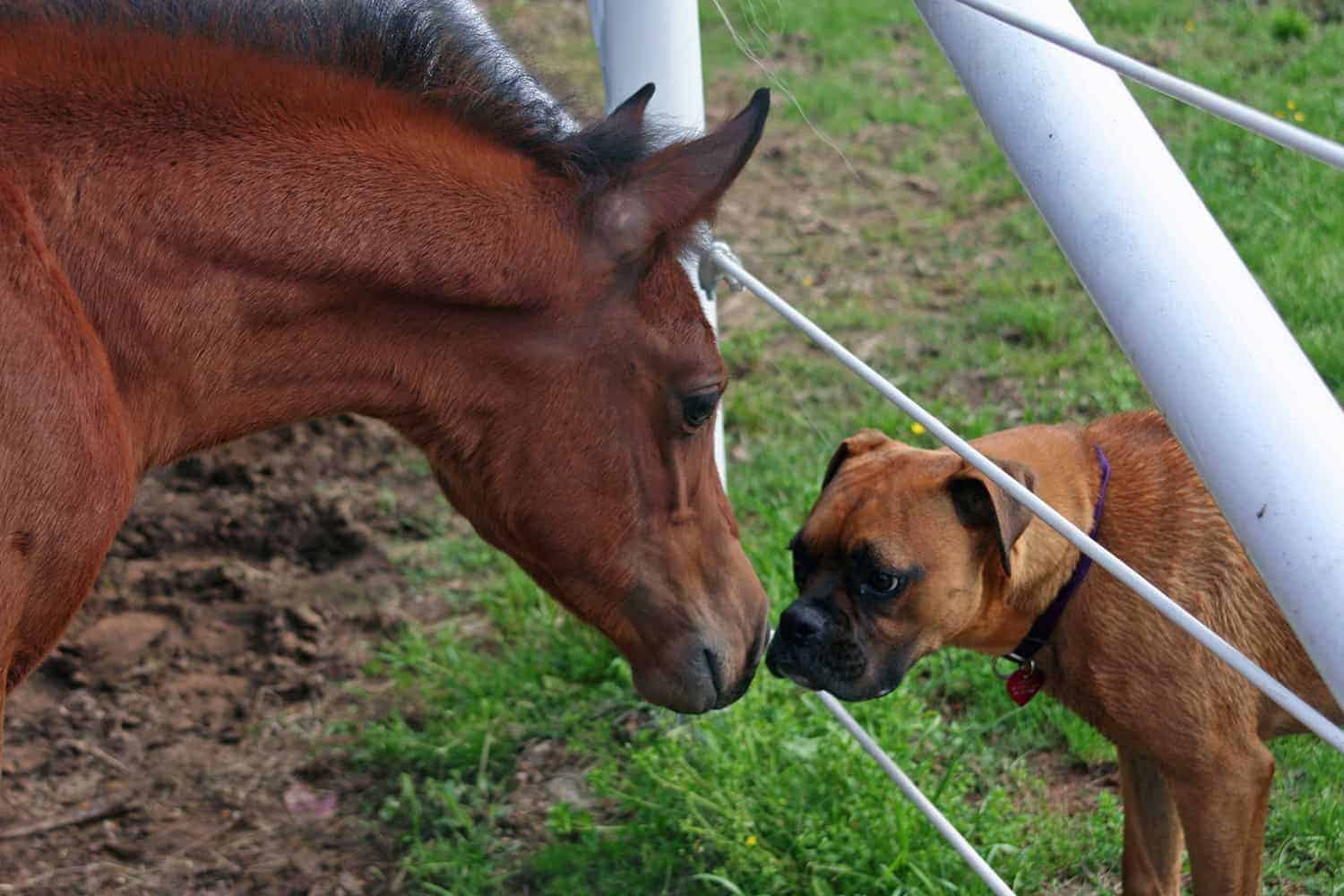
Vaccinate Your Dogs
Keeping your dogs up-to-date on their rabies vaccines can also protect you, your horses, and your other pets from exposure to the fatal disease. According to the CDC, "Unvaccinated dogs, cats, and ferrets exposed to a rabid animal should be euthanized immediately. If the owner is unwilling to have this done, the animal should be placed in strict isolation for six months and vaccinated one month before being released." | Photo: iStock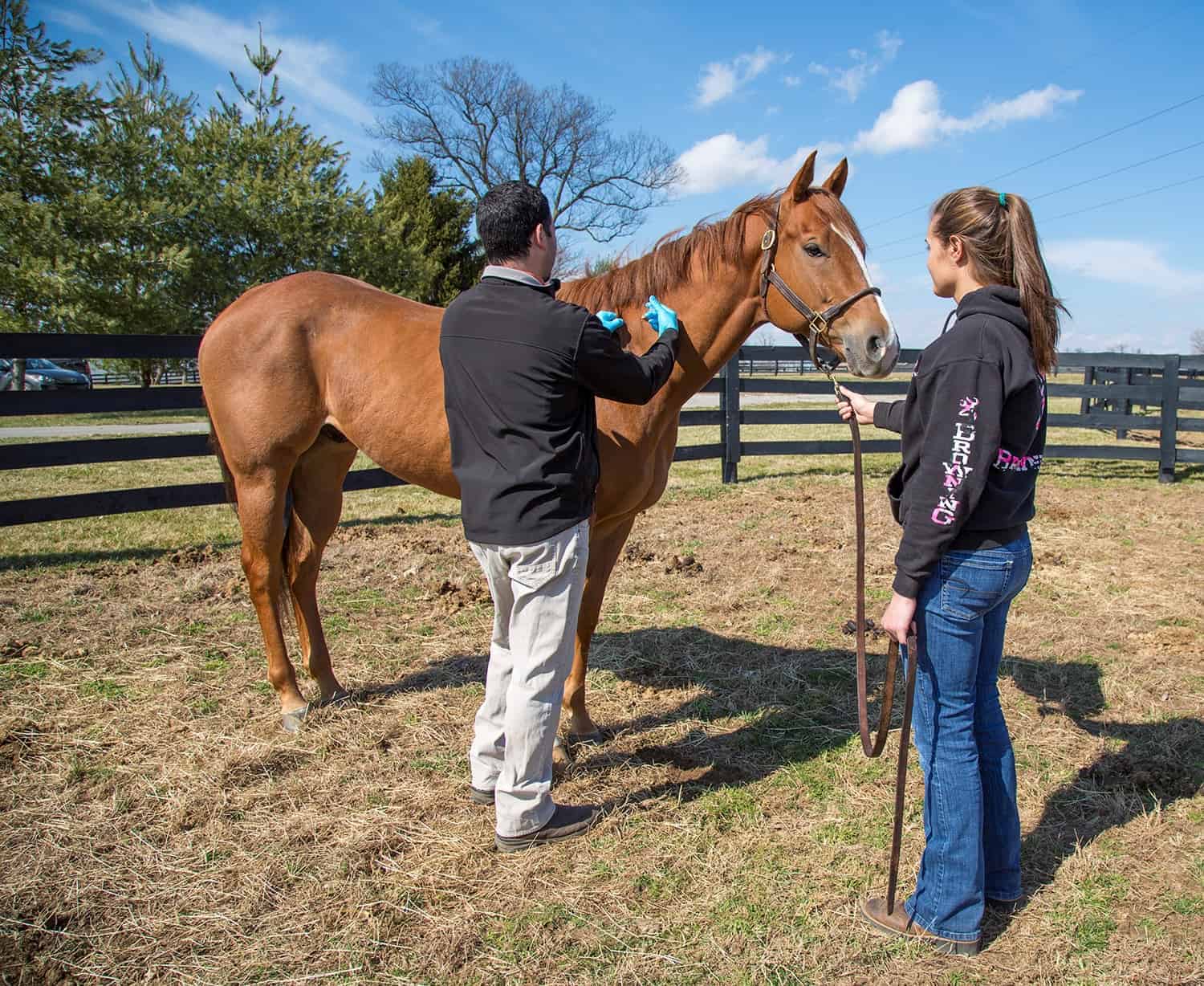
Vaccination: Your Best Insurance to Protect Your Horse
Rabies is an American Association for Equine Practitioners' core vaccine for horses. Annual vaccination by your veterinarian can protect horses (and you) from rabies exposure. An unvaccinated horse being exposed to rabies can lead to euthanasia. | Photo: Kevin Thompson/The Horse
Share

The Horse: Your Guide To Equine Health Care is an equine publication providing the latest news and information on the health, care, welfare, and management of all equids.
Related Articles
Stay on top of the most recent Horse Health news with

